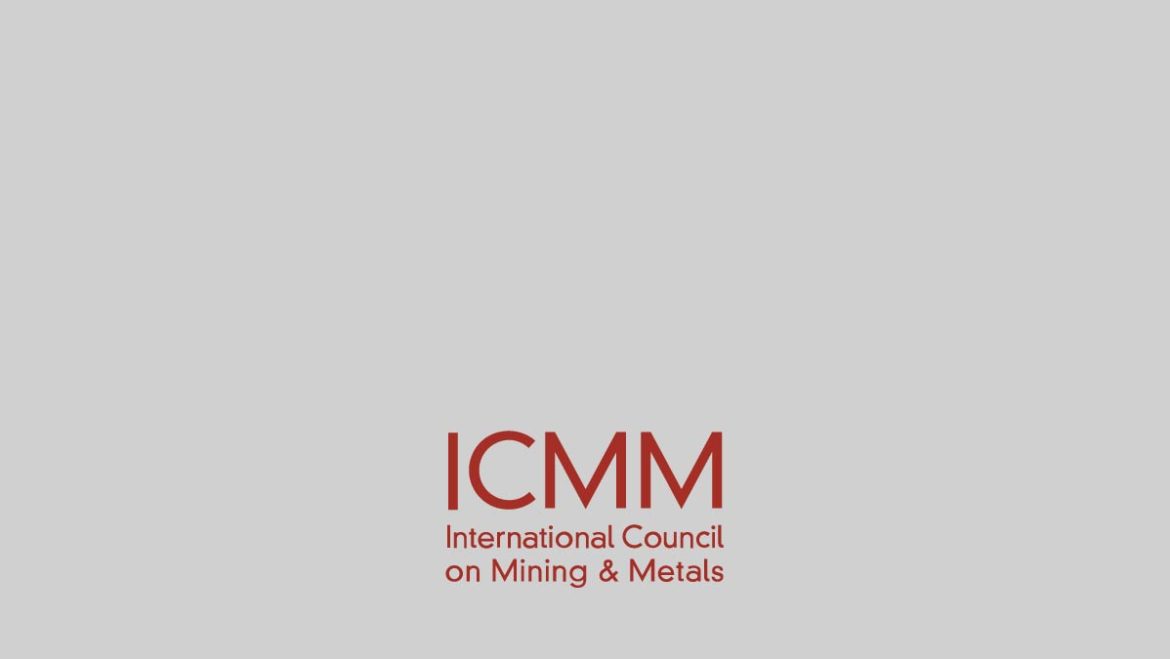The Western Cape Communities Co-existence Agreement (WCCCA) is a comprehensive agreement signed in March 2001 between Rio Tinto Alcan, the Queensland Government and 11 traditional owner groups on Western Cape York Peninsula, Australia. In late 2003, the company commissioned a review of the implementation of the WCCCA by two academics with expertise in indigenous relations and a senior community relations adviser from Rio Tinto.
Findings of the review were that there had been good progress in implementing the agreement in the areas of employment and training, cultural heritage protection, the initial establishment of governance and administration systems, and internal company support for local indigenous businesses. However, the review found a general lack of knowledge and understanding among company employees and community members about the content and intent of the agreement.
Subsequently, the company took action to address these issues, including by clarifying internal lines of responsibility, strengthening monitoring and review processes, providing an increased level of capacity-building support for indigenous organizations, and initiating a further round of company–community engagement about the agreement and its objectives.
Sources:
P Crooke, B Harvey and M Langton, Implementing and monitoring indigenous land use agreements in the minerals industry: the Western Cape Communities Co-existence Agreement, in M Langton et al (eds), Settling with indigenous people: modern treaty and agreement-making, Sydney, The Federation Press, 2006.

